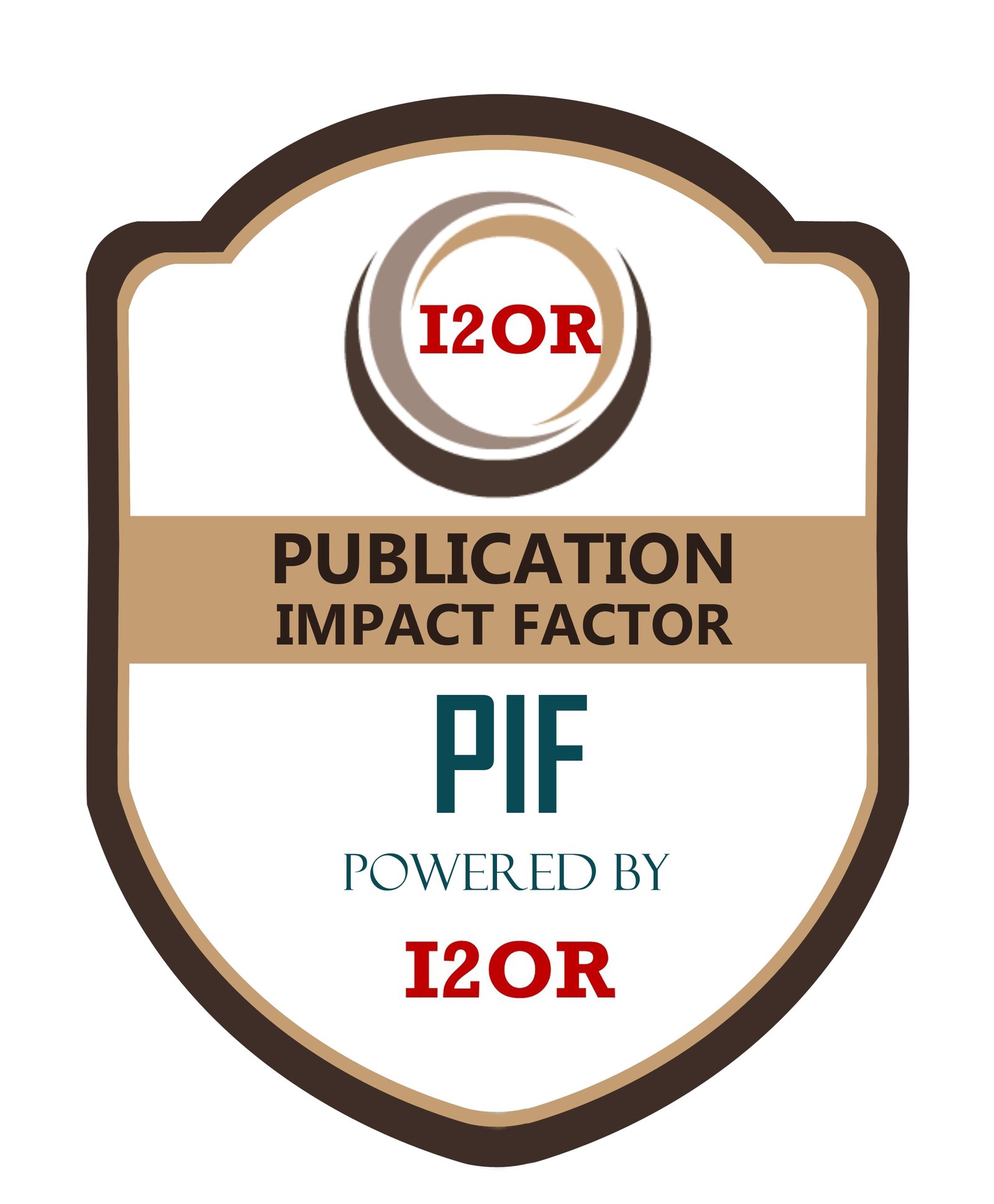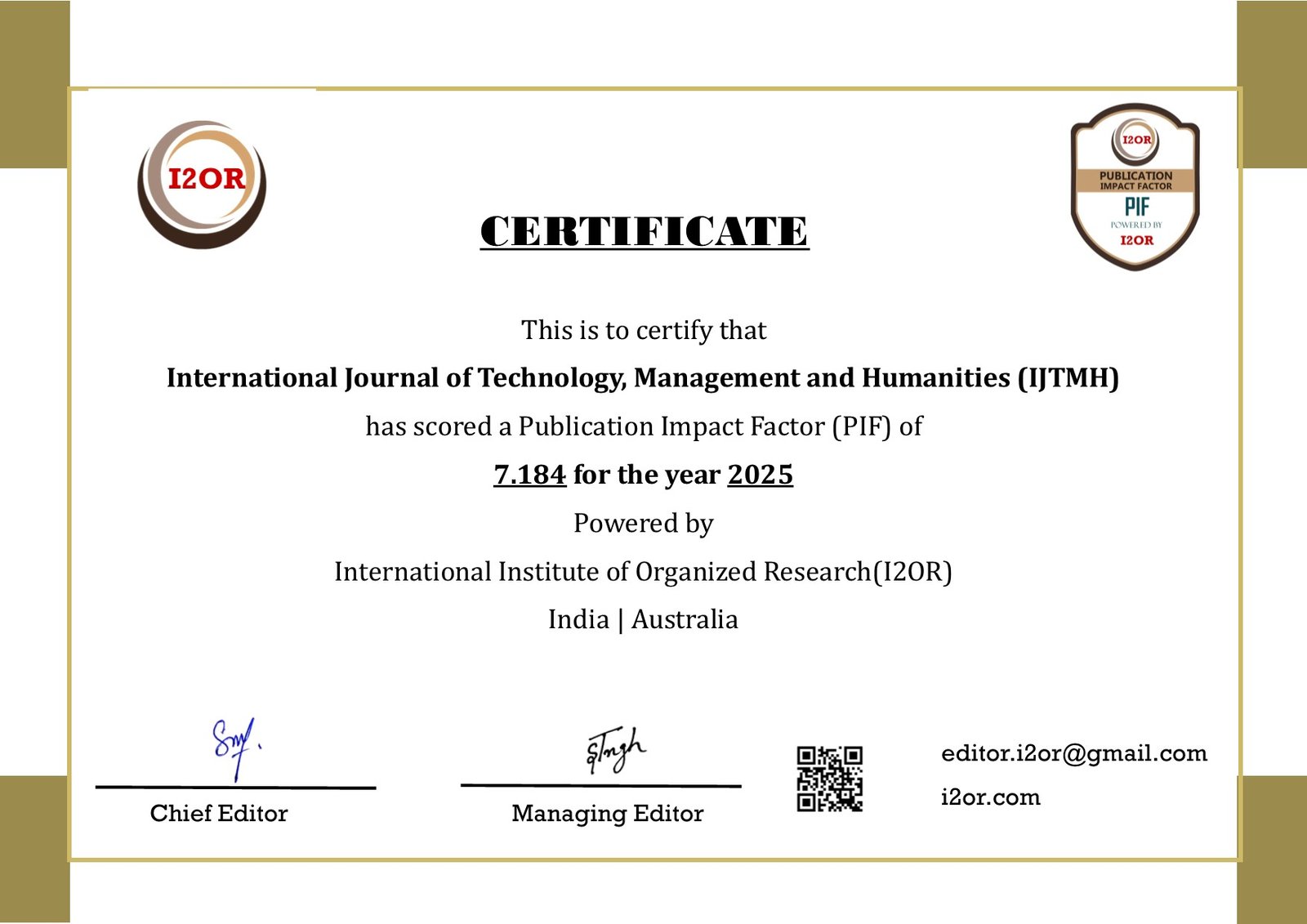Artificial Intelligence and Regulatory Harmonization: Opportunities for Emerging Markets Linking to the United States
DOI:
https://doi.org/10.21590/Keywords:
Artificial Intelligence, Regulatory Harmonization, Emerging Markets, United States, AI Governance, Data Policy, Digital Trade, InnovationAbstract
Artificial Intelligence (AI) is emerging as a transformative driver of economic growth, social development, and geopolitical
competition. However, the fragmented nature of global regulatory approaches has created challenges for interoperability,
trust, and international cooperation. While leading economies such as the United States and the European Union are
defining ambitious frameworks for responsible and trustworthy AI, many emerging markets face significant barriers
in terms of institutional capacity, policy alignment, and access to global innovation networks. The lack of harmonized
standards risks reinforcing a digital divide, restricting emerging economies from fully benefiting from AI-enabled growth.
This paper investigates the opportunities that regulatory harmonization presents for emerging markets seeking stronger
integration with U.S. regulatory and innovation ecosystems. It explores how common standards, ethical frameworks,
and trade-aligned policies can reduce compliance costs, enhance cross-border data flows, and foster greater trust in AI
applications. The analysis highlights the role of international benchmarks such as global ethical guidelines, multilateral trade
agreements, and U.S. executive policies as entry points for harmonization. Importantly, the paper presents the experiences
of two emerging-market enterprises, Black Vitriol LLC and Eatsbueno AI, founded by Gabriel Jiménez, as practical illustrations
of how startups can leverage regulatory compatibility to expand their reach into U.S. and global markets.
The findings demonstrate that harmonization is not merely a legal or technical process but a strategic pathway for emerging
economies to secure inclusion in the global AI economy. Harmonized frameworks can facilitate innovation diffusion, attract
investment, and ensure that AI serves as a tool for sustainable development rather than deepening inequality. The paper
concludes by offering actionable policy recommendations for governments, regulators, and private actors in emerging
markets, emphasizing the need for balanced approaches that combine innovation, trust, and inclusivity in the future of
AI governance.







